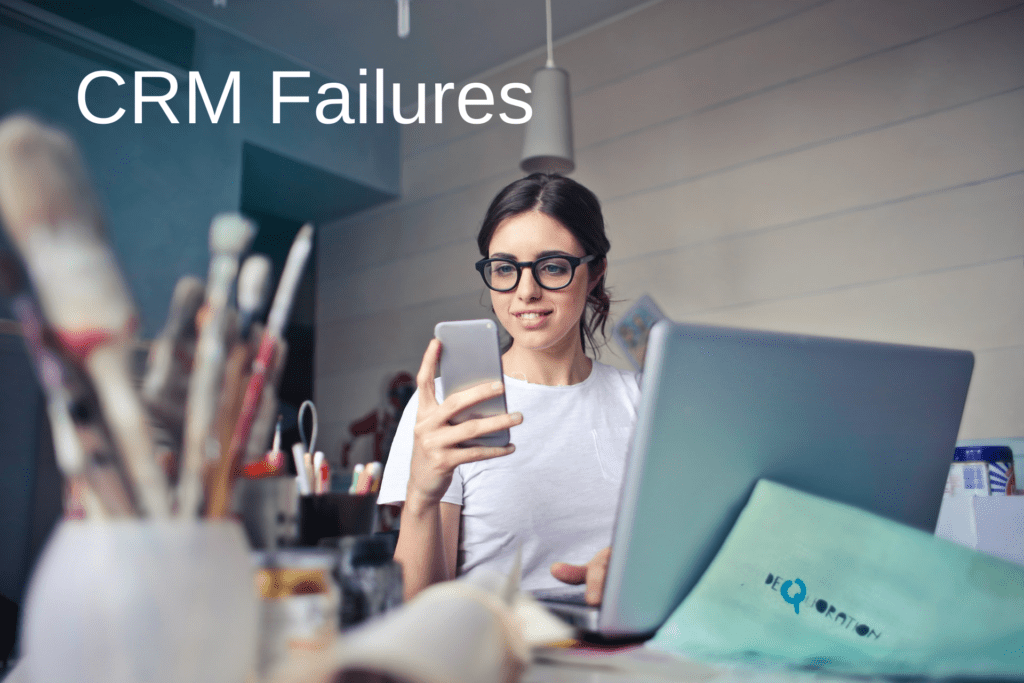
CRM adoption by SMEs has reached 79%, according to a survey from Workbooks – proving it to be a vital component of the operational toolkit. And yet, success rates are still too low. For every business that successfully achieves transformation, another will have wasted resources and seen zero return on their investment.
As a mature market, there are many CRM solutions available, packed with impressive features and functionality. So, what is the difference between projects deemed a failure and those that are successful? John Cheney, CEO of cloud-based CRM vendor Workbooks, explains, it isn’t the technology alone that delivers success. Companies must set clear business outcomes at the point of purchase to achieve this.
Post-lockdown pressure
Post-lockdown, businesses are still adapting to change. Staff turnover rocketed and customers moved online with increased expectations. So it’s little wonder that businesses may now be reassessing their existing CRM solutions.
When successful, CRM can transform operational performance and support rapid business change, and yet, the risk is widely acknowledged. In the Workbooks survey and report, The State of the CRM Market: An SME Perspective, 50% of SMEs confirm they are on their second CRM platform.
According to the survey, the primary reason for failure is the CRM is a poor fit for the firm’s needs (53%) – yet features and functions (62%) remain the most important factor when choosing a CRM.
Prioritise outcomes, not features
Approaching CRM with a technology-first method is a sure route to failure. . Businesses need to gain an understanding of the business outcomes desired first. Without clear objectives, businesses will struggle to achieve value. Once outcomes have been prioritised, companies can understand the requirements and set expectations for CRM implementation.
If a business is aiming to improve cross-selling, pulling data into one place improves segmentation and marketing. But will the sales team be notified when customers click a marketing email? To fully benefit, companies must take time to investigate how CRM supports their desired outcomes.
See beyond the technology sell
Often, SMEs lack the analysis expertise for this process,– and the CRM industry is not set up to provide support. For the majority of vendors, the product sell is features based. The implementation is then handed to an integration partner that wasn’t involved in the original discussions about the customer’s needs.
This makes for a disjointed model: reinforcing an emphasis on ‘bells and whistles’ differentiation with little to no alignment with business goals.
Unique business needs
Although there are differentiators between CRM applications – principally in the ease of integration – the software is approaching commodity status. However, every business has unique needs as well as its own structure, customer base, and engagement model.
A CRM investment aims to achieve a competitive edge, and using business goals to define the CRM deployment can positively influence a project’s success rate.
Conclusion
SMEs should take a different approach to buying CRM – starting with prioritising outcomes to determine CRM objectives. Businesses should look for vendors who help define these goals, in addition to implementation support. Delivering that end-to-end engagement ensures consistent product focus and maximises time to value.
